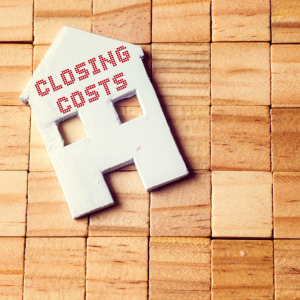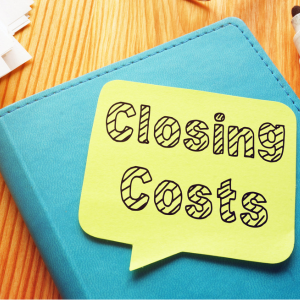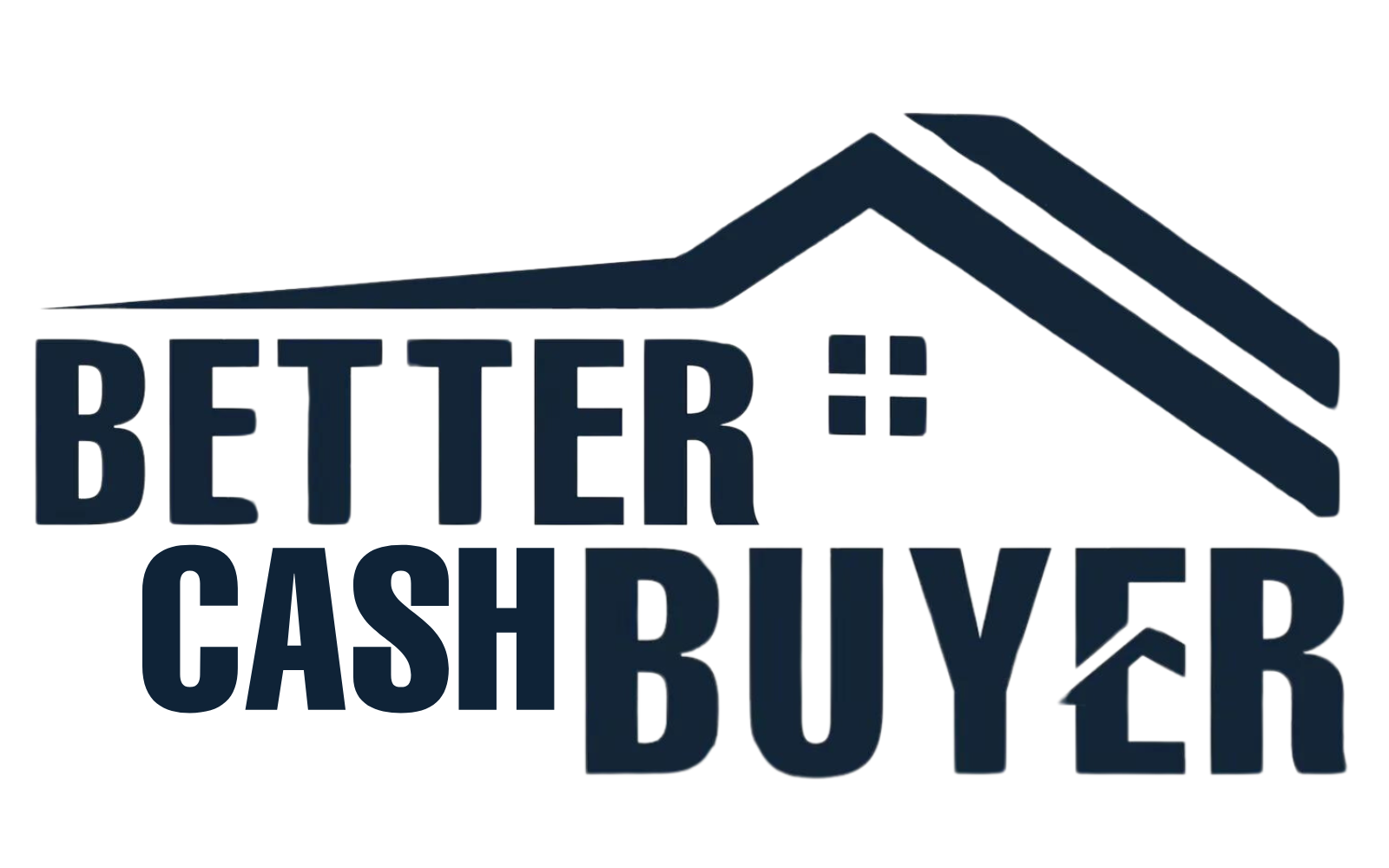
Understanding Closing Costs in Real Estate Transactions

Understanding closing costs is critical for anyone involved in real estate transactions, particularly when navigating the process without the assistance of a realtor in Trenton, NJ. Closing costs include fees and expenses incurred by buyers and sellers to complete a property transaction.
These expenses may include lender fees, title insurance, appraisal fees, escrow charges, and attorney fees. In Trenton, NJ, closing costs may include local taxes and municipal charges. It’s essential to be aware of these.
Buyers should request a Loan Estimate from their lender early to better understand potential expenses. Sellers may incur additional costs, such as transfer taxes or outstanding liens, that must be resolved before closing.
Understanding these factors helps individuals manage their budgets and set realistic expectations when selling a home in Trenton without needing a realtor. If you need guidance, Better Cash Buyer can help simplify the process and support your next steps.
Factors Affecting Closing Costs in New Jersey
In Trenton, NJ, understanding the factors affecting closing costs without the guidance of a realtor necessitates careful attention to unique elements in New Jersey real estate transactions. Property taxes are essential, as they can vary greatly between New Jersey municipalities and significantly impact closing costs.
In New Jersey, title insurance is essential for avoiding ownership disputes and protecting buyers from legal issues. Recording fees for public records contribute to closing costs and vary depending on county requirements.
Transfer taxes, calculated based on the property’s purchase price, are essential to consider when changing ownership. Buyers should also be aware of potential attorney fees, as legal representation is frequently used in New Jersey real estate transactions to navigate complex paperwork and ensure compliance with state regulations.
Lender fees may include charges for loan origination or appraisal services, adding to the closing cost burden. Understanding these components enables Trenton property buyers to effectively manage their expenses without relying on a realtor’s expertise.
Reducing Closing Costs: Tips and Strategies

When buying or selling a house in Trenton, NJ, without a realtor, it’s essential to understand closing costs and how to reduce them. One effective strategy is to review the Loan Estimate provided by your lender, which outlines expected fees and reveals areas where you can negotiate. Working with cash home buyers in Trenton and surrounding New Jersey cities can also streamline the process and help minimize these expenses.
It’s a good idea to compare prices for title insurance and settlement services because they can differ from one provider to the next. As part of your offer to buy, you might ask the seller to pay some of the closing costs. This is called a seller concession, which can save you a lot of money.
Also, carefully reviewing every line of your closing disclosure helps ensure no surprise fees or charges, giving you the power to dispute any differences before the deal is done. By taking these steps and using the resources available, buyers in Trenton can keep their costs in check when buying real estate without needing a realtor’s help.
Essential Documents for Real Estate Closings
When a realtor does not represent one, it is imperative to comprehend the fundamental documents involved in real estate closings in Trenton, NJ. The closing process necessitates meticulous attention to detail, beginning with the purchase agreement, which delineates the terms and conditions of the real estate transaction.
Buyers and sellers must also review the title search report, which confirms that the property’s title is free of liens or encumbrances. The HUD-1 form, also known as the Closing Disclosure or settlement statement, provides a comprehensive account of all financial transactions associated with the sale, including closing costs and fees.
The seller must also prepare a deed to legally transfer ownership of the property to the buyer. If financing is involved, both parties must comprehend their mortgage documents, which delineate the lender’s requirements and repayment terms.
In Trenton’s competitive real estate market, a smooth closing process is guaranteed by ensuring that all necessary documentation is accurate and complete, thereby preventing delays.
Comparing Closing Costs Across Different States
When buying or selling a home in Trenton, NJ, without a realtor, it’s critical to understand the nuances of closing costs, especially when comparing them across states. Closing costs vary greatly based on state laws, local taxes, and standard fees.
Buyers in New Jersey may be required to pay additional costs unique to the state, such as higher property taxes or mandatory attorney fees. On the other hand, states such as Pennsylvania and Delaware may have different tax rates and fee structures that influence how much it costs to close on a property.
People in Trenton considering purchasing a home should be aware of these differences to make sound financial decisions. Costs such as title insurance premiums, appraisal fees, and recording fees vary depending on where you live and the laws in your state.
By comparing these sections in different states, buyers can better understand how New Jersey’s specific rules affect their total costs when purchasing a home without the assistance of a realtor.
Negotiating Seller Concessions to Lower Closing Costs
When buying a home in Trenton, NJ, without a realtor, knowing how to negotiate seller concessions can help you save a lot of money on closing costs. Seller concessions are a good way to lower the cash you need by having the seller pay for some expenses.
In Trenton’s competitive housing market, buyers can ask sellers to cover costs like loan origination fees, appraisal fees, or even taxes and insurance that are already paid. To get these concessions, you need to know how the local market works and use any problems with the property that come up during inspections to your advantage.
If you point out repairs that need to be made or features that are no longer useful, you can ask the seller for help with some of your closing costs. Knowing about other homes sold in Trenton can also help your case by showing that you are making fair price changes based on the current market.
Working directly with sellers allows you to use personalized negotiation strategies that can lead to significant savings at closing, all without needing a realtor. To learn more, check out how Better Cash Buyer works and see how the process can benefit you.
Legal Considerations in Real Estate Closings

If you’re closing on a house in Trenton, NJ, without a realtor, knowing the legal aspects of closing costs is essential. Buyers and sellers in New Jersey need to consider the extra costs associated with title searches, title insurance, and hiring a lawyer.
Title searches check who owns the property and find any liens or claims that could affect the sale. Title insurance protects you from possible future arguments about who owns what.
An attorney must ensure that all legal documents are written and checked by state laws. Also, local governments charge different transfer taxes, so it’s important to know how these taxes affect the total cost of closing.
If you know a lot about these legal issues, you can avoid unexpected costs and make closing on a house in Trenton go more smoothly.
Understanding Property Taxes and Their Impact on Closings
It is critical to know about property taxes when dealing with closing costs in Trenton, NJ real estate, especially if you don’t have a realtor to help you. Property taxes can add a lot to the total price when you buy a home in Trenton because they are usually split between the buyer and seller at closing.
Property tax rates in New Jersey vary between towns. Trenton’s rates are much higher than those in other towns. Buyers should know that these taxes are based on the property’s assessed value and can change every year, which could affect their future financial planning.
If you want to buy or sell a home in Trenton without an agent, you should look up the current property tax rates and know how they will affect the closing costs. With this information, buyers can plan their budgets well and avoid surprises at the end of the home-buying process.
Also, knowing about any possible Trenton tax breaks or exemptions can significantly affect the financial situation of your real estate investment.
How Much Are Typical Closing Costs in NJ?
Understanding typical closing costs is critical when purchasing real estate in Trenton, NJ, especially if you are going through the process without the assistance of a realtor. In New Jersey, closing costs typically range from 2% to 5% of the home’s purchase price.
These costs typically include title insurance, attorney fees, home inspection fees, and property taxes. Lenders may also charge buyers for loan origination and appraisal fees.
Buyers in Trenton should plan for these expenses early in the home-buying process. Without a realtor to assist you in negotiating these costs or identifying potential savings opportunities, being well-versed in each component is critical to avoiding unexpected financial surprises at closing.
Are Realtor Fees Included in Closing Costs in NJ?
When navigating the Trenton, NJ real estate market, buyers and sellers must understand closing costs without the assistance of a realtor. A common question is whether realtor fees are included in the closing costs.
In New Jersey, realtor fees are usually distinct from the standard closing costs of a real estate transaction. Closing costs typically include expenses like title insurance, attorney fees, and property taxes, but do not always include the commission paid to realtors.
Real estate commissions are typically negotiated separately by the seller and agent and calculated as a percentage of the property’s sale price. Individuals conducting real estate transactions in Trenton without the assistance of a realtor should be aware of all potential expenses, including standard closing costs and any alternative arrangements to handle what would typically be a realtor’s responsibilities.
This knowledge helps everyone involved plan their finances wisely and avoid last-minute surprises at closing. Partnering with a cash for houses company in Newark and other cities in New Jersey can further simplify the process and provide more financial clarity upfront.
Helpful Trenton Blog Articles
- Paperwork For Selling Your House By Owner In Trenton, NJ
- Selling A House With A Lien In Trenton, NJ
- Selling A Foreclosed House In Trenton, NJ
- Closing Costs Without A Realtor In Trenton, NJ
- Selling Your Trenton, NJ, Home As-is
- Is Trenton, NJ, a Good Place to Live?
- Trenton, NJ Neighborhood Map
- Trenton, NJ Capital Gains Tax Calculator
- Best Things to Do in Trenton, NJ With Kids
- Trenton, NJ, Property Managers
- Trenton, NJ, Property Tax Rate
- Fun Facts About Trenton, NJ

| MORTGAGES | HOME LOAN | LOAN APPLICATION | LENDING | REAL ESTATE AGENT | TITLE COMPANIES |
| LAWYERS | INSURANCE AGENT | INFORMATION | MONEY | FORECLOSURE | FORECLOSURE SALE |
| ESTATE AGENT | MORTGAGE INSURANCE | MIP | INTEREST RATE | DATA | BANKS |
| PRIVATE MORTGAGE INSURANCE | PRIVATE MORTGAGE INSURANCE (PMI) | PMI | ESCROW ACCOUNT | ATTORNEY’S FEES | |
| AMERICA | HOME APPRAISAL | THE NATIONAL ASSOCIATION OF REALTORS | NAR | HOMEOWNER’S INSURANCE | GOAL |
| FLAT FEE | FLAT RATES | DISCOUNT POINTS | MORTGAGE POINTS | BORROWER | CREDIT-CHECK |
| CREDIT SCORE | ZILLOW | TAX DEDUCTIBLE | OPTIONS | NEGOTIATIONS | LOAN-ORIGINATION |
| INVESTMENTS | INCOME | HOUR | HOMEOWNERS ASSOCIATION | HOA | CREDIT CARD |
| NEW JERSEY HOME | ASSOCIATION OF REALTORS | CLOSING COSTS ARE |
